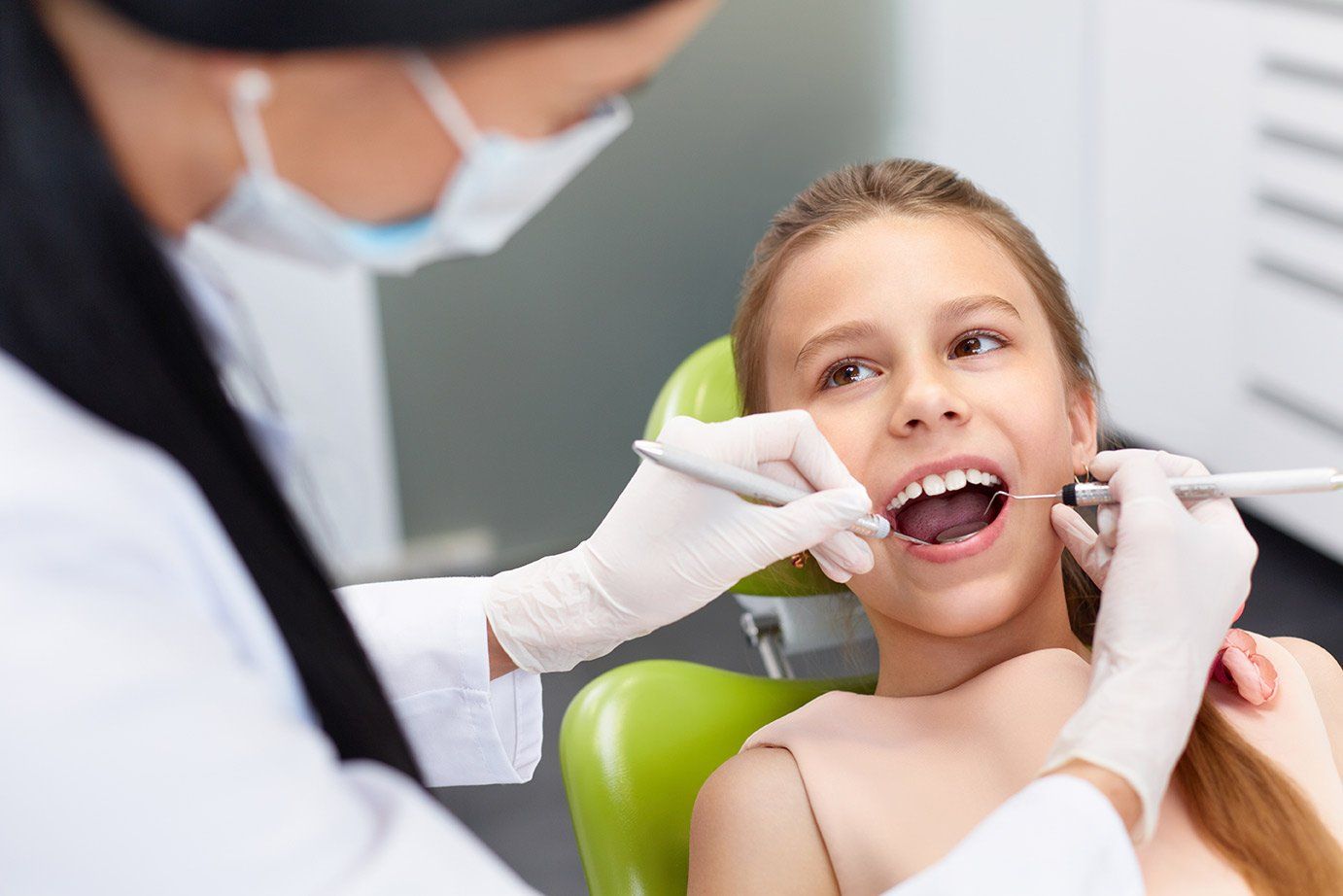TMJ Treatment
Your jawbone is vital for eating, speaking, and smiling. When issues arise, it's called TMD. If left untreated, TMD can worsen and impact your quality of life. At Chapko & Shah Modern Dentistry, our dentists offer TMJ treatment to address the underlying causes and alleviate symptoms. Learn more about TMD and how we can help.
What is Temporomandibular Joint Disorder?
Temporomandibular joint disorder (TMD) can cause pain and dysfunction in the jawbone and the muscles connected to it. Understanding the causes, recognizing the symptoms, and seeking appropriate treatment is essential to alleviate discomfort and improve overall oral health.
At Chapko & Shah Modern Dentistry, we offer comprehensive care using the principles of neuromuscular dentistry. Read on to learn more about TMD, its causes, symptoms, and how our specialized treatment can help.
Causes of TMD
TMD can arise due to various factors, including:
- Bruxism (teeth grinding/clenching)
- Facial or jaw trauma
- Arthritis
- Osteoporosis
- Stress
- Depression
- Misaligned bite
- Dislocation of the TMJ joints
Symptoms of TMD
Recognizing the symptoms associated with TMD is crucial.
They may include:
- Headaches/migraines
- Facial, jaw joint, or ear pain
- Neck/shoulder/back pain
- Jaw locking (Tetanus)
- Facial swelling
- Worn or cracked teeth
- Uncomfortable bite
- Ringing in the ears (tinnitus)
- Clicking or popping in the jaw
- Restricted mouth opening
- Sensitivity, soreness, or loose teeth
- Depression due to chronic pain
- Numbness or tingling of hands or arms caused by muscle spasms
- Excessive snoring or sleep apnea
- Bad posture
TMJ Treatment using Neuromuscular Dentistry
At Chapko & Shah Modern Dentistry, we utilize the principles of neuromuscular dentistry to provide effective TMJ treatment. This approach addresses the underlying causes and functional aspects of TMD. Key aspects of our treatment include:
- Accurate diagnosis based on comprehensive evaluations
- Correction of jaw alignment and muscle imbalances
- Personalized treatment plans tailored to individual needs
- Integration of physical interventions and emotional therapeutic techniques
- Collaborative approach with the patient, focusing on overall health and well-being
If you are experiencing symptoms of TMD, it is essential to seek professional care for an accurate diagnosis and appropriate treatment. At Chapko & Shah Modern Dentistry, our experienced team specializes in TMJ treatment using neuromuscular dentistry principles. Contact us today to schedule a consultation and take the first step towards alleviating your TMD symptoms and improving your oral health and quality of life.
Common Treatment Options for Temporomandibular Joint Disorder (TMD)
- Oral Appliance Therapy: Oral appliance therapy involves the use of custom-made mouthpieces that are comfortably worn in the mouth. These appliances help correct the position of the jaw and prevent teeth grinding, reducing excessive pressure on the temporomandibular joints (TMJ). By allowing the jaw to heal and alleviating symptoms, this therapy can effectively address TMD.
- Physical Therapy: In some cases, our dentists may refer you to a physical therapist who specializes in treating jaw disorders. Physical therapy focuses on evaluating and addressing musculoskeletal issues through exercises, stretching, hands-on techniques, and specialized equipment. This approach aims to improve jaw function and reduce TMD-related symptoms.
- Mental/Emotional Therapy: Recognizing the correlation between TMD symptoms and mental health, our Belvidere dentists may recommend seeking assistance from a therapist. Mental/emotional therapy can help individuals address stress, depression, and other related issues. Therapists can provide counseling and may prescribe medication to improve mental well-being, subsequently alleviating TMD symptoms.
- Medication: Pain medication, whether over-the-counter or prescribed, can help manage TMD-related pain, enabling more normal jaw functioning. Additionally, anti-inflammatory medications may be prescribed to reduce both pain and swelling, promoting the healing process.
- Electrical Muscle Stimulation: Transcutaneous electrical nerve stimulation (TENS) is a type of electrical muscle stimulation utilized in TMD treatment. By delivering controlled electrical pulses, TENS induces minor muscle contractions, acting as a self-massage for the jaw muscles. The generated heat helps alleviate pain and may contribute to the resolution of TMD symptoms.
- Orthodontics: In cases where jaw position contributes to TMD, orthodontic treatment options such as traditional braces or Invisalign® may be recommended. Orthodontic interventions can correct bite alignment and jaw position, reducing strain on the temporomandibular joints and alleviating bruxism. By promoting proper jaw function, orthodontics support TMD recovery.
- Jaw Surgery (Orthognathic Surgery): Jaw surgery, known as orthognathic surgery, is considered a last resort option for severe and complex TMD cases. This highly invasive procedure involves making incisions in the jaw to address issues with the TMJ and surrounding tissues. Jaw surgery is not commonly utilized or highly recommended due to the potential for complications and its relatively low success rate. It is typically reserved for specific situations where other treatments have proven ineffective.
It is important to consult with our dental professionals at Chapko & Shah Modern Dentistry to determine the most suitable treatment option for your specific case of TMD.
